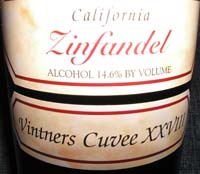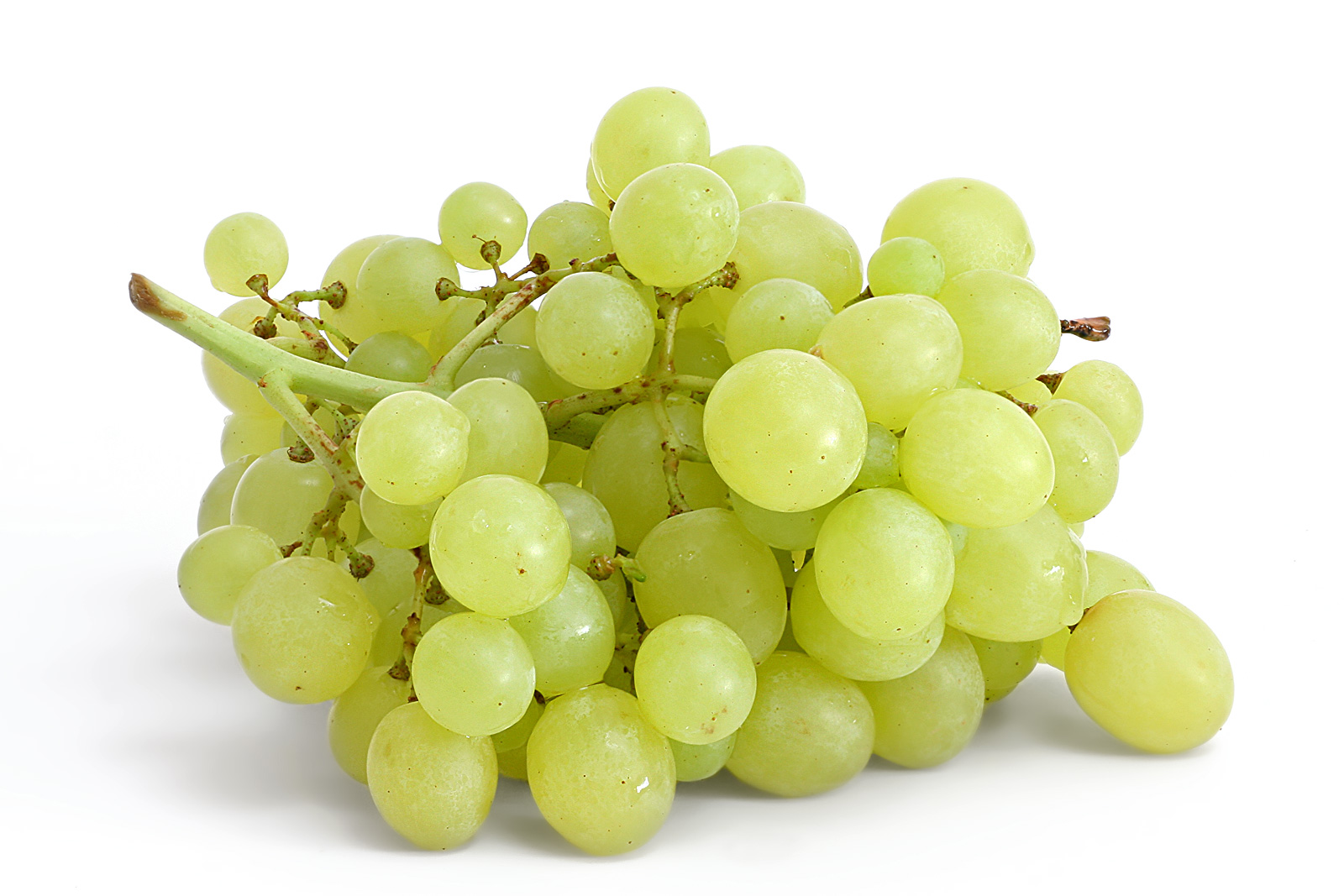|
Lagorthi
Lagorthi is a white Greek wine grape,Lagorthi , accessed 2018-12-04. well known despite its fairly small planting. It produces a moderately aromatic wine with relatively low fruit and alcohol content. The variety is grown in only a few vineyards, mainly in northern and on some Ionian islands. As it is sensitive to water stress, some plantings have been made further north, ... [...More Info...] [...Related Items...] OR: [Wikipedia] [Google] [Baidu] |
Greek Wine
Greece is one of the oldest wine- producing regions in the world and among the first wine-producing territories in Europe. The earliest evidence of Greek wine has been dated to 6,500 years agoMashed grapes find re-write history of wine Zeenews where wine was produced on a household or communal basis. In ancient times, as trade in wine became extensive, it was transported from end to end of the Mediterranean; Greek wine had especially high prestige in Italy under the Roman Empire. In the medieval period, wines exported from , Monemvasia and other Greek ports fetched high prices in northern Europe. [...More Info...] [...Related Items...] OR: [Wikipedia] [Google] [Baidu] |
Grape
A grape is a fruit, botanically a berry, of the deciduous woody vines of the flowering plant genus ''Vitis''. Grapes are a non- climacteric type of fruit, generally occurring in clusters. The cultivation of grapes began perhaps 8,000 years ago, and the fruit has been used as human food over history. Eaten fresh or in dried form (as raisins, currants and sultanas), grapes also hold cultural significance in many parts of the world, particularly for their role in winemaking. Other grape-derived products include various types of jam, juice, vinegar and oil. History The Middle East is generally described as the homeland of grape and the cultivation of this plant began there 6,000–8,000 years ago. Yeast, one of the earliest domesticated microorganisms, occurs naturally on the skins of grapes, leading to the discovery of alcoholic drinks such as wine. The earliest archeological evidence for a dominant position of wine-making in human culture dates from 8,000 years ago in Georg ... [...More Info...] [...Related Items...] OR: [Wikipedia] [Google] [Baidu] |
Vitis International Variety Catalogue
The Vitis International Variety Catalogue (VIVC) is a database of various species and varieties/cultivars of grapevine, the genus ''Vitis''. VIVC is administered by the Geilweilerhof Institute for Grape Breeding (''Institut für Rebenzüchtung Geilweilerhof'') in Siebeldingen, Germany, and contains information from grapevine collections existing in various institutes of viticulture around the world. As of April 2009, the information in the database brought together information from 130 institutions located in 45 countries, and contains about 18,000 entries. The database was started in 1983, and has been available online since 1996. Its initial creation was supported by the International Organisation of Vine and Wine and the International Board for Plant Genetic Resources, a forerunner of Bioversity International. The purpose of the VIVC database is to provide documentation on available grapevine genetic resources, and to be a source of information to grape breeders, viticultural ... [...More Info...] [...Related Items...] OR: [Wikipedia] [Google] [Baidu] |
Peloponnesus
The Peloponnese (), Peloponnesus (; el, Πελοπόννησος, Pelopónnēsos,(), or Morea is a peninsula and geographic region in southern Greece. It is connected to the central part of the country by the Isthmus of Corinth land bridge which separates the Gulf of Corinth from the Saronic Gulf. From the late Middle Ages until the 19th century the peninsula was known as the Morea ( grc-x-byzant, Μωρέας), (Morèas) a name still in colloquial use in its demotic form ( el, Μωριάς, links=no), (Moriàs). The peninsula is divided among three administrative regions: most belongs to the Peloponnese region, with smaller parts belonging to the West Greece and Attica regions. Geography The Peloponnese is a peninsula located at the southern tip of the mainland, in area, and constitutes the southernmost part of mainland Greece. It is connected to the mainland by the Isthmus of Corinth, where the Corinth Canal was constructed in 1893. However, it is also connected to the ma ... [...More Info...] [...Related Items...] OR: [Wikipedia] [Google] [Baidu] |
Macedonia (Greece)
Macedonia (; el, Μακεδονία, Makedonía ) is a geographic and former administrative region of Greece, in the southern Balkans. Macedonia is the largest and Greek geographic region, with a population of 2.36 million in 2020. It is highly mountainous, with most major urban centres such as Thessaloniki and Kavala being concentrated on its southern coastline. Together with Thrace, and sometimes also Thessaly and Epirus, it is part of Northern Greece. Greek Macedonia encompasses entirely the southern part of the wider region of Macedonia, making up 51% of the total area of that region. Additionally, it forms part of Greece's borders with three countries: Bulgaria to the northeast, North Macedonia to the north, and Albania to the northwest. Greek Macedonia incorporates most of the territories of ancient Macedon, a kingdom ruled by the Argeads, whose most celebrated members were Alexander the Great and his father Philip II. Before the expansion of Macedonia under Phili ... [...More Info...] [...Related Items...] OR: [Wikipedia] [Google] [Baidu] |
Varietal
A varietal wine is a wine made primarily from a single named grape variety, and which typically displays the name of that variety on the wine label.The American Heritage Dictionary of the English Language, Fourth Edition, 2000.winepros.com.au. Examples of grape varieties commonly used in varietal wines are Cabernet Sauvignon, Chardonnay and Merlot. Wines that display the name of two or more varieties on their label, such as a Chardonnay-Viognier, are ''blends'' and not varietal wines. The term is frequently misused in place of vine variety; the term ''variety'' refers to the vine or grape, while ''varietal'' refers to the wine produced by a variety. The term was popularized in the US by Maynard Amerine at the University of California, Davis after Prohibition seeking to encourage growers to choose optimal vine varieties, and later promoted by Frank Schoonmaker in the 1950s and 1960s, ultimately becoming widespread during the California wine boom of the 1970s. Varietal wines are ... [...More Info...] [...Related Items...] OR: [Wikipedia] [Google] [Baidu] |
Antonopoulos Vineyards
Antonopoulos () is a Greek surname with the female version being Antonopoulou (). The name is derived from the root name Antonius. Among others, it is the surname of: * Anastasios Antonopoulos (1893–???), Greek wrestler * Andreas Antonopoulos (born 1972), Greek British bitcoin advocate and security expert * Antonios Antonopoulos (1805–1887), Greek politician * Apostolos Antonopoulos (born 1983), Greek swimmer * Constantinos Antonopoulos, Greek businessman * Filonas Antonopoulos, Greek footballer (AEK Athens F.C. president) * Ioannis Antonopoulos (1810–1882), Greek politician * Seven Antonopoulos Chris Antonopoulos (born on 7 November 1973 in Dallas, Texas) is an American rock drummer, most notable for his tenure in Opiate for the Masses. Career Antonopoulos joined Phoenix/Los Angeles hard rock band Opiate for the Masses as a drummer in ... (born 1974), American rock drummer Notes {{surname Greek-language surnames Patronymic surnames Surnames ... [...More Info...] [...Related Items...] OR: [Wikipedia] [Google] [Baidu] |
Grape Varieties Of Greece
A grape is a fruit, botanically a berry, of the deciduous woody vines of the flowering plant genus ''Vitis''. Grapes are a non- climacteric type of fruit, generally occurring in clusters. The cultivation of grapes began perhaps 8,000 years ago, and the fruit has been used as human food over history. Eaten fresh or in dried form (as raisins, currants and sultanas), grapes also hold cultural significance in many parts of the world, particularly for their role in winemaking. Other grape-derived products include various types of jam, juice, vinegar and oil. History The Middle East is generally described as the homeland of grape and the cultivation of this plant began there 6,000–8,000 years ago. Yeast, one of the earliest domesticated microorganisms, occurs naturally on the skins of grapes, leading to the discovery of alcoholic drinks such as wine. The earliest archeological evidence for a dominant position of wine-making in human culture dates from 8,000 years ago in Georg ... [...More Info...] [...Related Items...] OR: [Wikipedia] [Google] [Baidu] |




